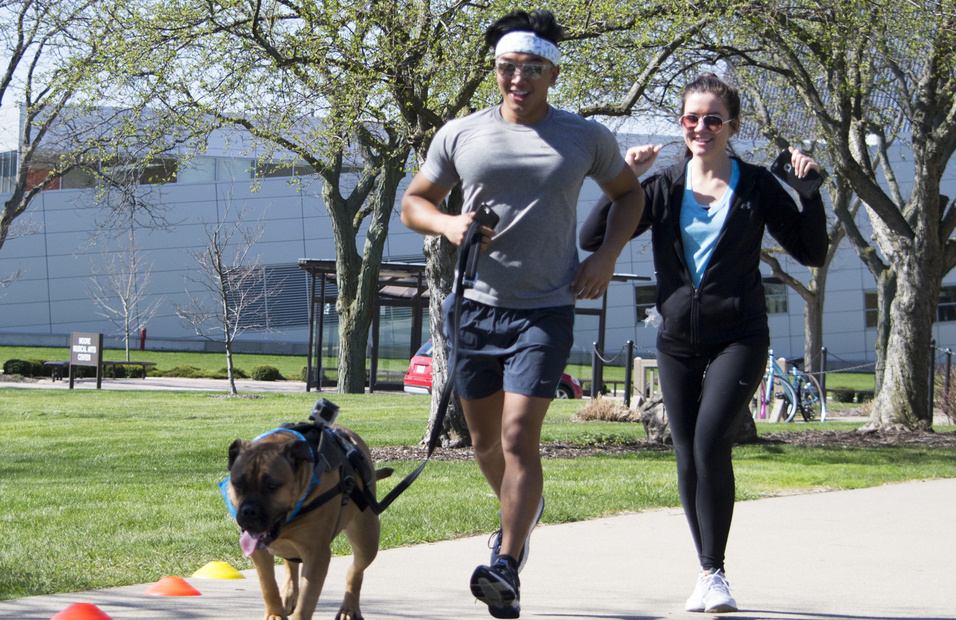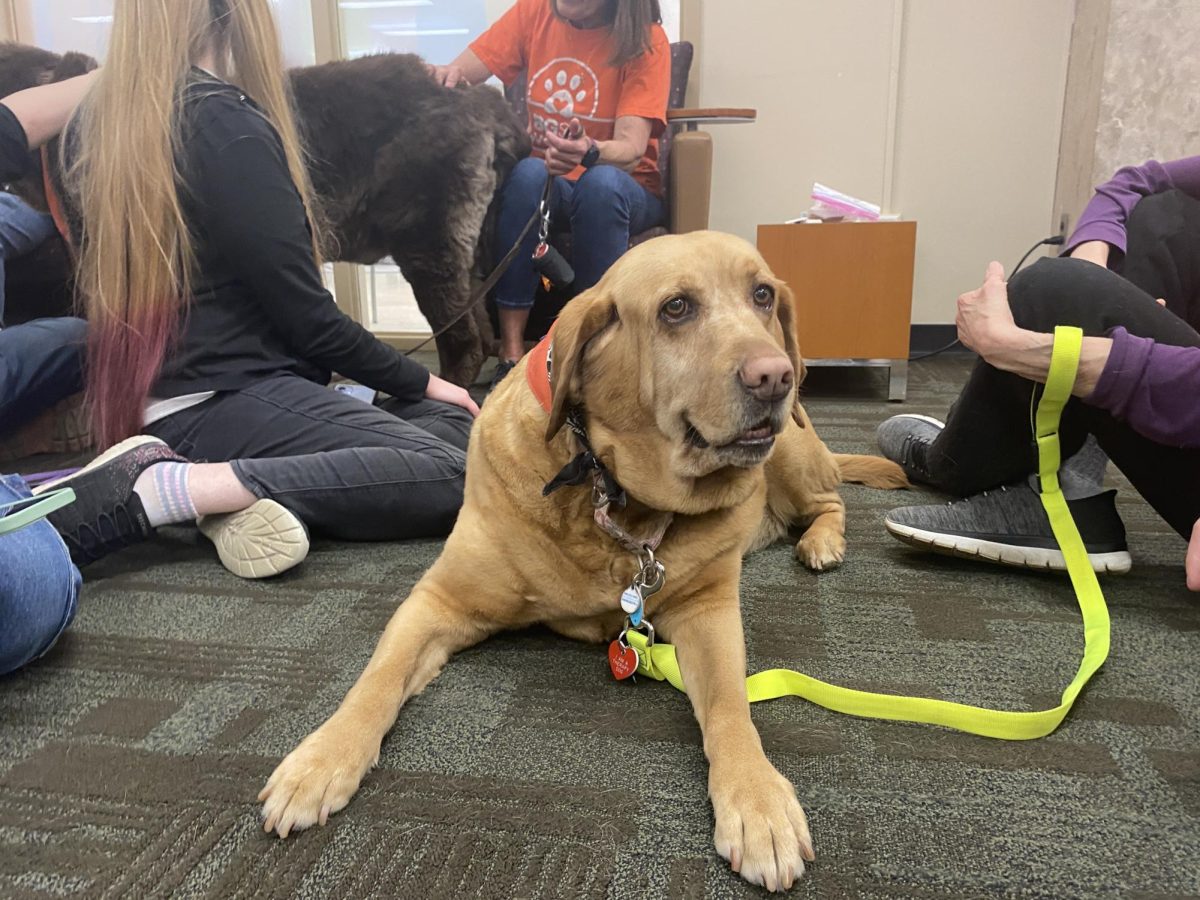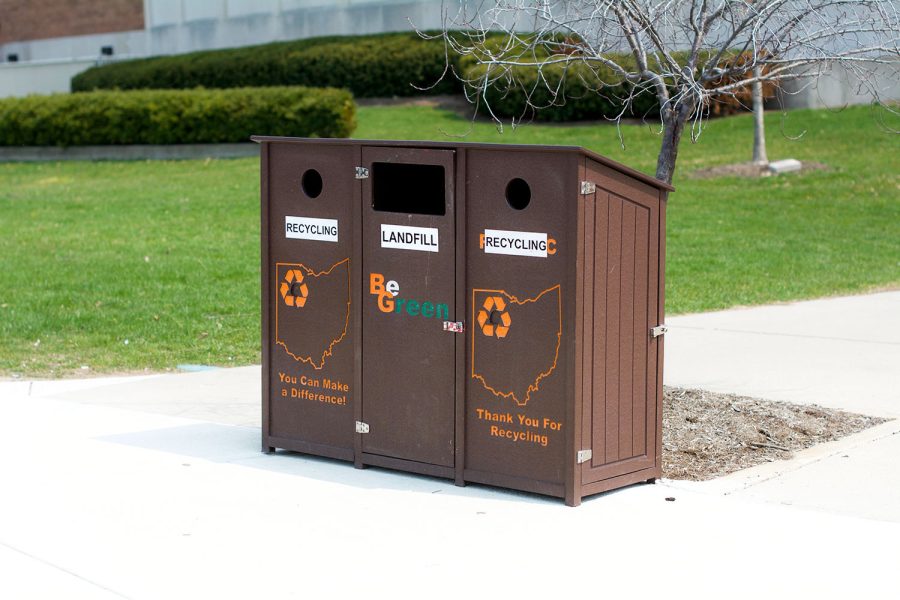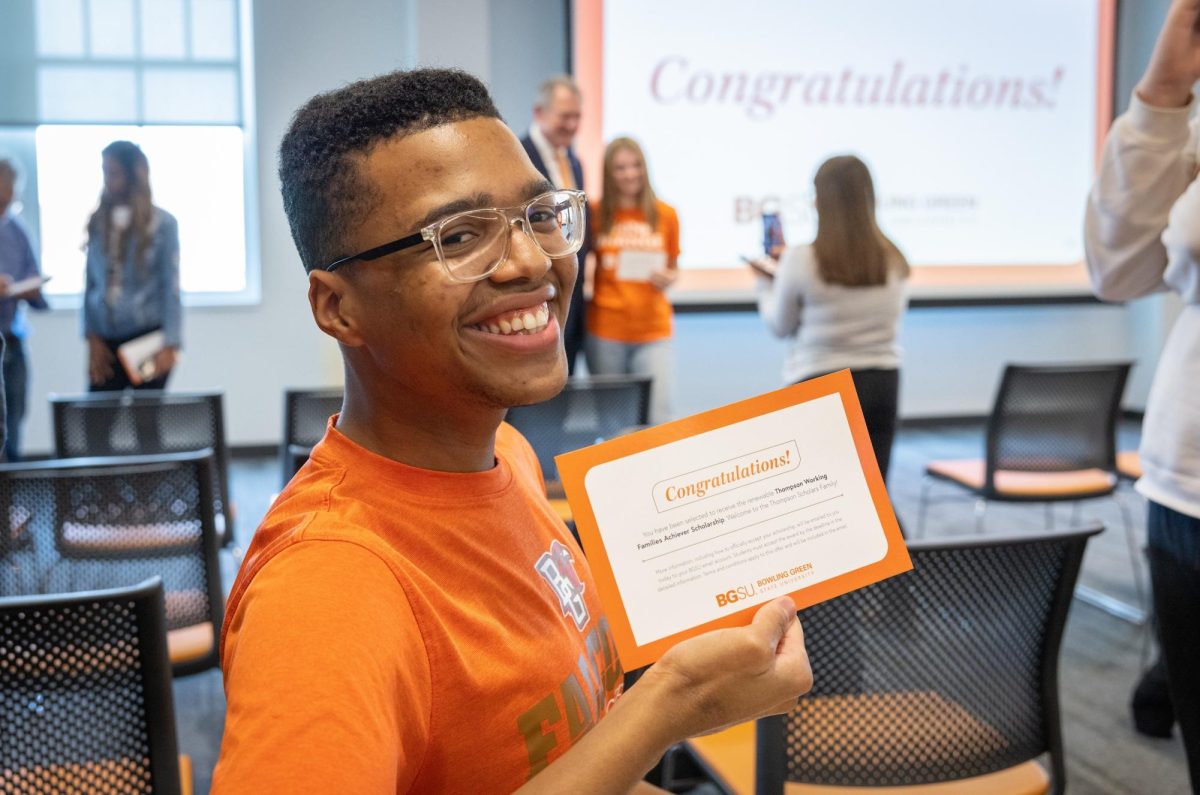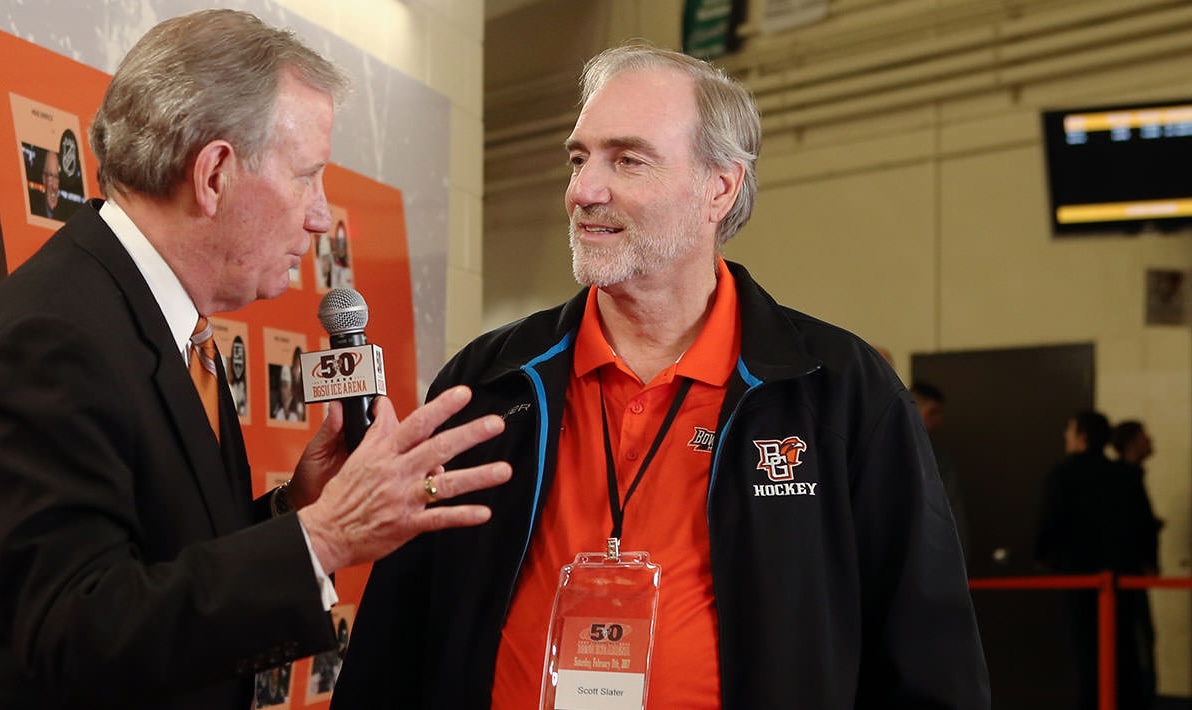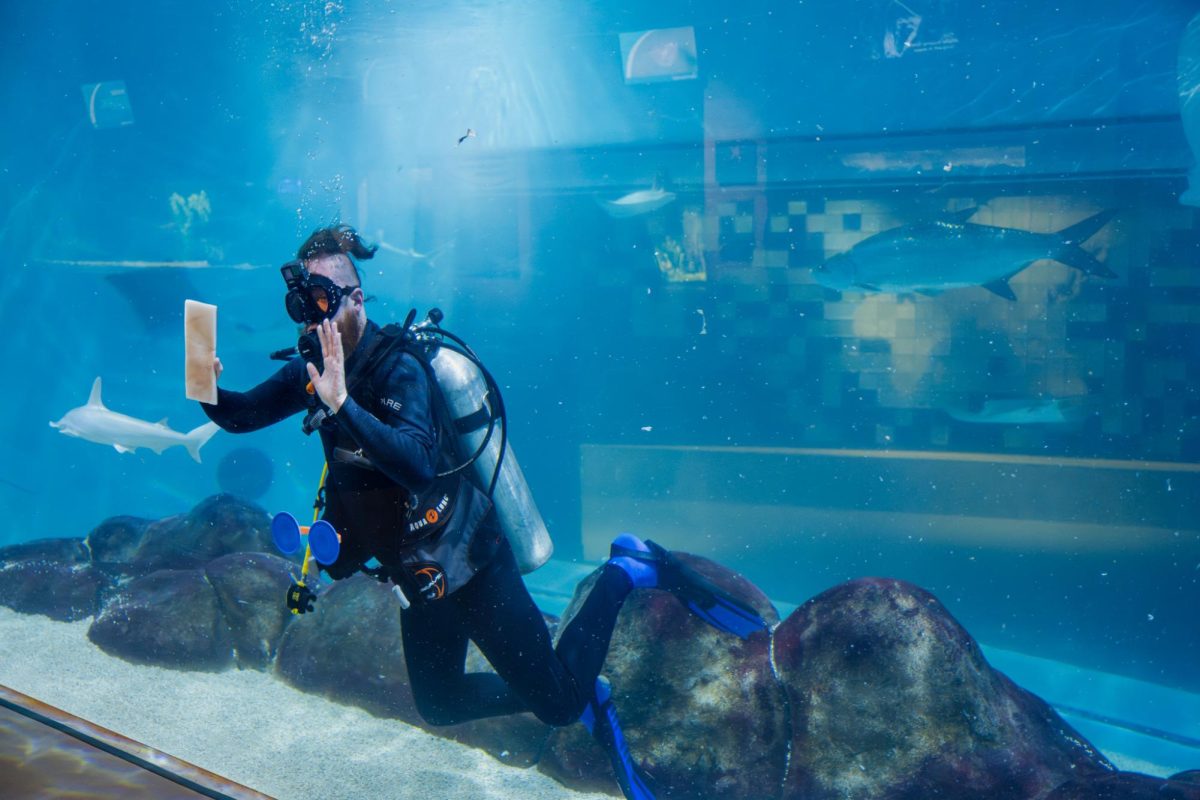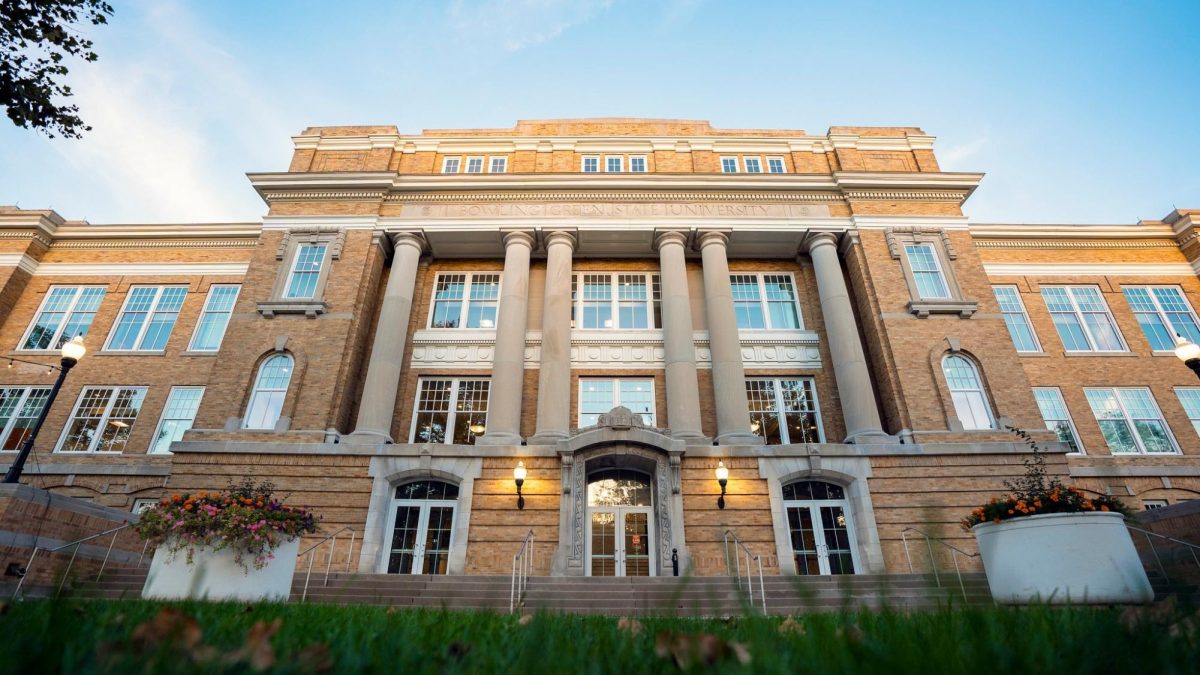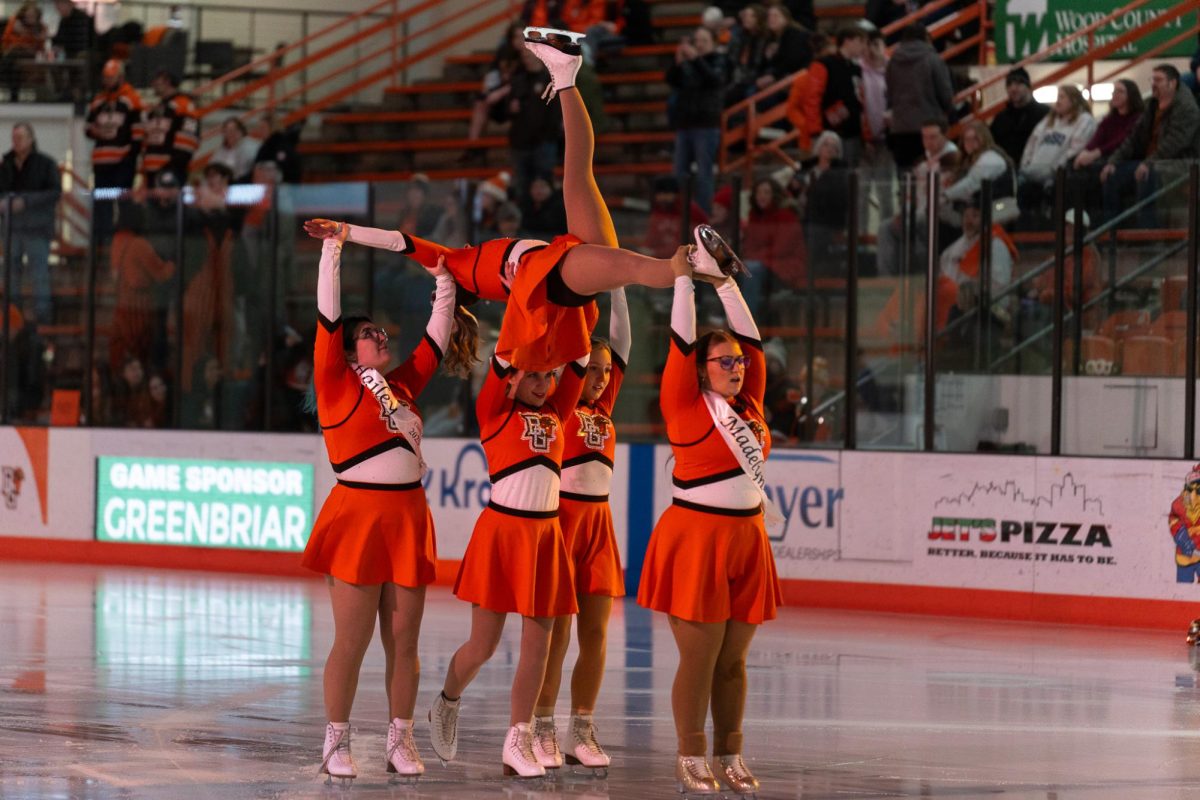The Muslim Student Association is placing an increased emphasis on community engagement — on a local scale at the University and on a global scale in response to the refugee crisis. This message was displayed at MSA’s Annual Convention on Thursday.
The conversation that occurred at the convention is just one of many happening on campus concerning service and global awareness, especially in light of the continuing issue of the refugee crisis.
The presentations at the convention gave attendees information about the issue of hunger in Ohio so they could work towards solving it at a local level, as well as information about the global impact of a refugee crisis that reaches all the way to Bowling Green.
Graduate student Ahmad Mehmood spoke about what a refugee is and how many refugees are taking the journeys to countries beyond their homelands.
He explained how the cities today that are displacing the most people were the same cities that housed European refugees following World War II. The paths refugees took in that era are the same ones refugees are taking today, except now in the opposite direction and with less positive reception.
Mehmood concluded with reasons why students in Bowling Green, Ohio should care, citing humanity as a key point.
“Individuals look at this crisis and they say, ‘I have my own problems to deal with first; I have to pay my bills, my rent. No matter how many people drown in the Mediterranean, the sun will still come up on my head tomorrow. …’ This is something which needs to be pressed, it needs to be investigated and it needs to be questioned. How can you be a human without caring for a fellow human being? … What kind of human doesn’t want to care about somebody else who’s dying and fleeing for life?” he said.
Jay Jones, a professor teaching general studies writing, is also teaching a freshman seminar this semester on the refugee crisis. He explained other reasons this issue is not one students should ignore.
“It’s also a relevant issue for Americans because we, like most nations, signed the 1951 United Nations Refugee Convention, which makes us legally bound to recognize certain refugee rights. So it’s literally our responsibility to live up to what we promised,” Jones said, emphasizing that this crisis is not only a matter of moral responsibility but also of global citizenship.
This information about the refugee crisis is not without a focus on solutions, however. Mehmood left the audience at the convention with simple ways they can help, from donating to UNICEF to finding organizations in the community that help refugees who settle in northwest Ohio. Jones commented on the refugee work of US Together in Toledo as an example of ways individuals can help refugees on a local scale.
Mehmood hopes the convention inspired those in attendance to not see the refugee crisis as an overwhelming problem with no solution. He wants people to understand that there are things that each person can do to contribute and take what they learned to go out into the community to make a difference.
“I think people felt really motivated when they walked out of the room. … They’re willing to do something, and if we get back to them now with plans, with strategies, with detailed structures of how to approach this problem, I think they will be willing to help,” he said.
Hopeful about the potential for the community to work together to make refugees feel welcomed in America and in northwest Ohio, Mehmood encourages students to rely on each other to accomplish goals.
“We need to get together, get organized, join hands to solve this problem.”



